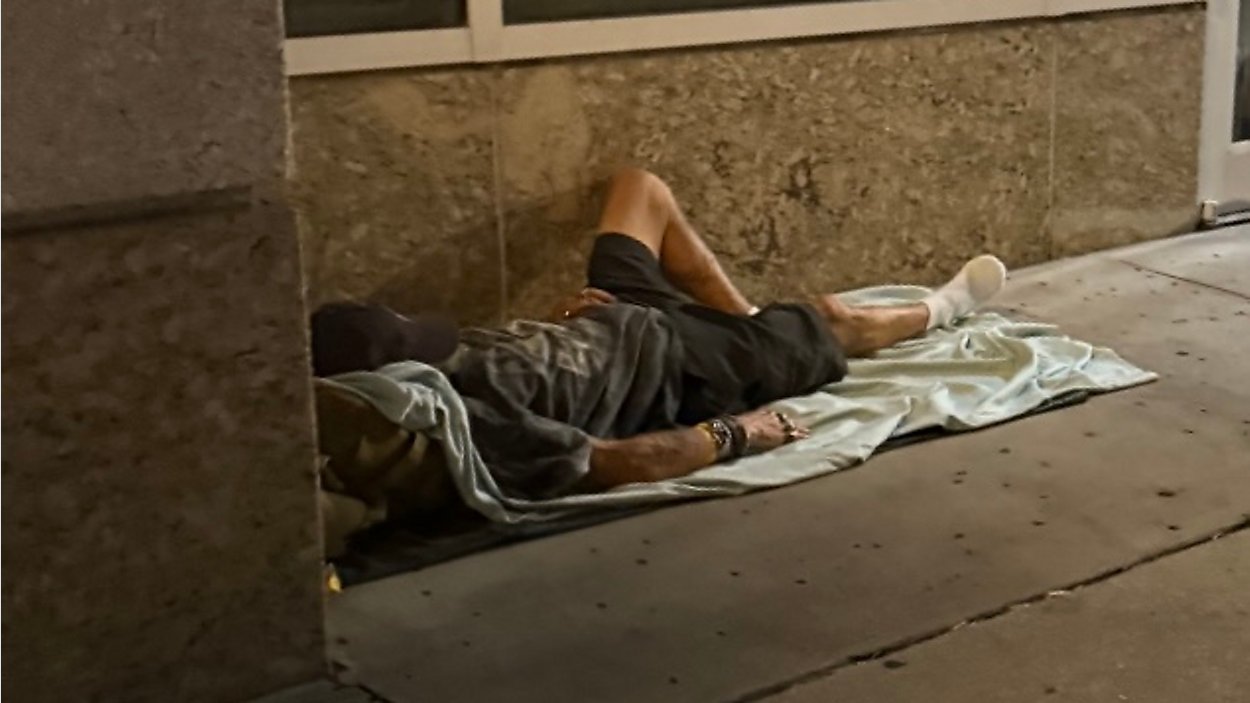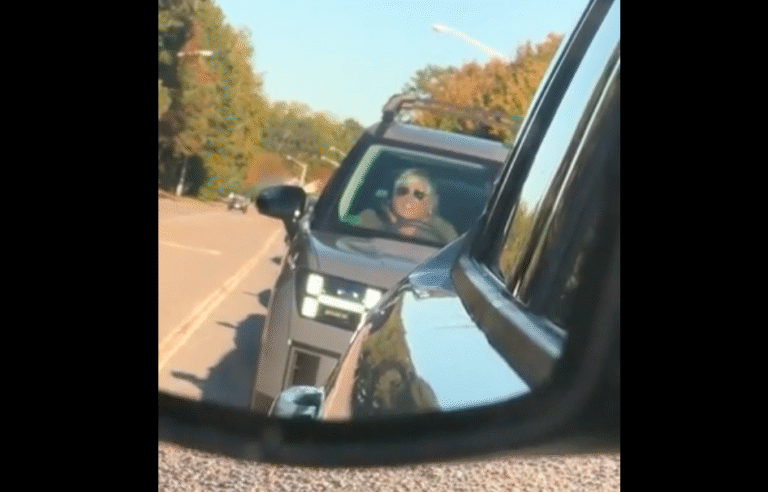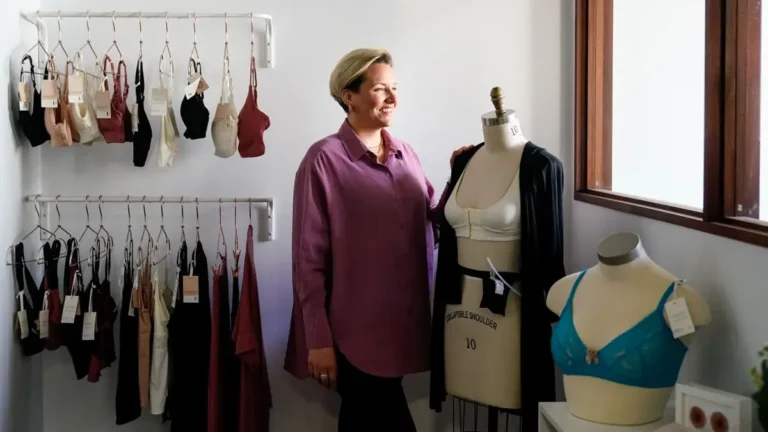St. Pete Moves to Dismiss Public Sleeping Lawsuit Filed by Downtown Restaurant Owner
ST. PETERSBURG, Fla. — The City of St. Petersburg has asked a judge to dismiss a lawsuit filed by downtown restaurant owner Ronicca Whaley, who alleges the city is failing to enforce a new Florida law prohibiting public overnight sleeping.
Whaley, who owns Shiso Crispy, filed the suit in July, claiming the city’s inaction has harmed her business and contributed to unsafe conditions in Williams Park and nearby sidewalks.
City Says Lawsuit Lacks Specifics
In its motion, the city argued Whaley’s complaint should be dismissed because it contains “vague, conclusory and immaterial facts not obviously connected to any particular cause of action.”
The filing also criticized her reliance on observations “based on information and belief,” claiming that without specific dates, times, or names, the allegations are “impossible to defend.”
Plaintiff’s Attorney Pushes Back
Whaley’s attorney, Sandford Kinne, filed an opposition response, arguing that the law does not require his client to provide names of homeless individuals or document every instance of public sleeping.
“Defendant’s insistence that Plaintiff must produce the names of each individual sleeper, along with dates and times, would impose a burden that is neither found in the statute nor compatible with its purpose,” Kinne wrote.
He added that Whaley’s complaint contains specific accounts of people sleeping in Williams Park and outside her restaurant, and that the case should move forward to discovery.
One of the First Lawsuits Under New Florida Law
Whaley’s suit is among the first filed in Florida under the new law aimed at restricting local governments from allowing overnight sleeping on public property. She has stated her goal is not only to address conditions outside her business but also to push the city and county toward establishing designated overnight areas with wraparound services for the homeless.
The City of St. Petersburg has declined to comment further, citing its policy on pending litigation. A court hearing has not yet been scheduled.
Do you think cities should enforce stricter bans on public sleeping, or invest in designated spaces with services? Share your perspective in the comments at SaludaStandard-Sentinel.com.







